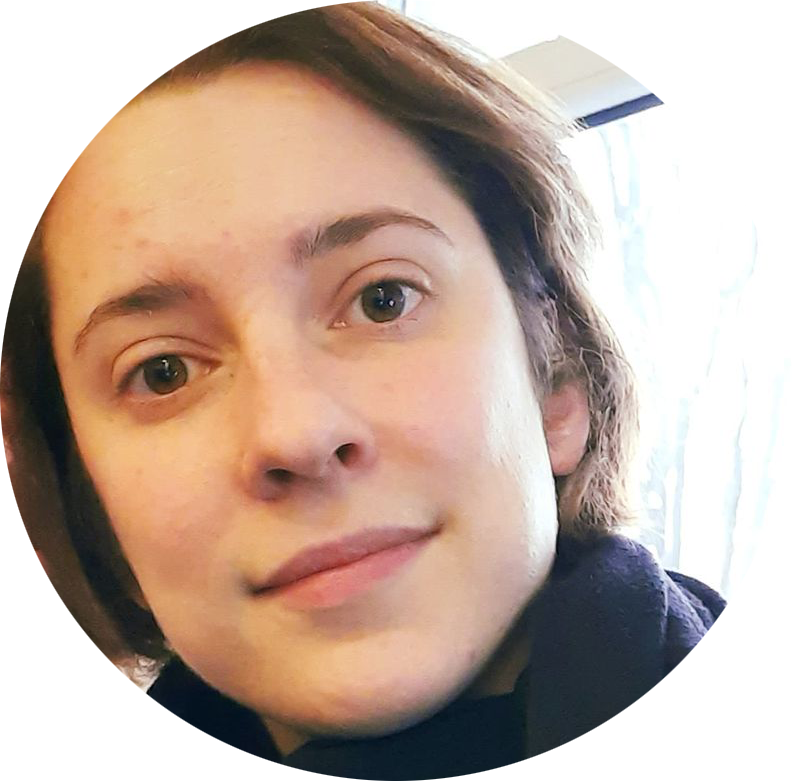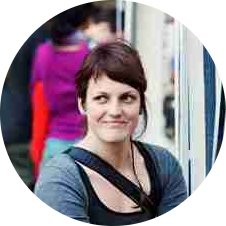For many, the age of “youth” is an interesting time, but since it is full of changes and challenges, it can represent the trigger of anxiety, worry and uneasiness. For example, it is estimated that 4% of those aged between 15-24 years old recognize that they might suffer from chronic depression, while 14% of the European youth between 18-24 feel alienated or anxiety. Women are more likely to have depression (Eurofound). Unfortunately, young people sometimes do not recognise what is happening, where to find help or find it embarrassing, so these emotional strains might lead to deeper mental processes, depression or even suicide. Suicide is the second cause of death, among age group of 15-29, according to the WHO. That is why, this strategic alliance (formed by Petrklíč Help, CWP and Permacultura Cantabria) decided to address this topic in the project “Protecting Youth’s Mental Health”, and contribute reducing this problem.
ABOUT PROJECT
For many, the age of “youth” is an interesting time, but since it is full of changes and challenges, it can represent the trigger of anxiety, worry and uneasiness. For example, it is estimated that 4% of those aged between 15-24 years old recognize that they might suffer from chronic depression, while 14% of the European youth between 18-24 feel alienated or anxiety. Women are more likely to have depression (Eurofound). Unfortunately, young people sometimes do not recognise what is happening, where to find help or find it embarrassing, so these emotional strains might lead to deeper mental processes, depression or even suicide. Suicide is the second cause of death, among age group of 15-29, according to the WHO.
That is why, this strategic alliance (formed by Petrklíč Help, CWP and Permacultura Cantabria) decided to address this topic in the project “Protecting Youth’s Mental Health”, and contribute reducing this problem.
The project seeks, to gather tools for the identification of youth mental health issues, considering socio-economic and cultural factors; and on the other hand, it seeks their prevention, by learning how to design spaces and activities based on 8 main pillars, that are considered as favourable for a healthy mental health and relationships.
These pillars create a series of healthy habits that help prevent emotional issues, being topics of youth interest:
– Good Relationships
– Self-esteem
– Emotional Care and Management
–Prevention of Addictions
– Active participation in EU and social activities
− Healthy Sports and Cooperation
– Traditional culture (Traditional dances as cultural heritage)
– Adultism (from youth to adulthood)
Project’s objectives are:
– Create spaces for knowledge exchange and good practices that add solutions to the problem of youth depression.
Thus, the project has planned 2 participatory visits to Petrklíč Help (Czech Republic) and CWP (UK), to know the situation of the problem in each country, and their best practices to tackle it. Associated organizations will collaborate in these visits.
– Provide youth workers and participants with tools for creating healthy and collaborative spaces.
That is why, an 8-day course in Spain will be carried out and led by Permacultura Cantabria, to merge the tools to identify and prevent youth depression. With this, youth workers and young leaders will be better trained.
– Promote the dissemination of the project and its results in order to broaden its impact.
An exhaustive dissemination strategy was planned and divided into several phases (before, during and after the course) and tasks. Also, internal workshops will be replicated in each entity, to different relevant targets, expanding the project’s sustainability and impact.
All participants for all the project’s activities are members of the involved entities (youth workers or youth leaders) that will meet the required criteria and will attend the activities. 2 youth workers will be the project and dissemination coordinators who will attend all the transnational activities including the transnational meetings (in Spain and Czech Republic).
Four youth workers from each organisation will attend the 2 participatory visits (Czech Republic and UK) and the course in Spain, while 4 young leaders per entity will attend the course. Both youth workers and leaders will be in charge of the design and implementation of internal workshops, in each entity.
All of them will support the dissemination strategy and the correct development of the project and its activities, with their active participation.
During the project’s activities, the methodology will be flexible and participative, with practical and theoretical sessions.
The project aims to develop a non-formal training methodology for youth workers or educators, so that they can replicate and adapt it to their groups, according to their circumstances,
in their regions. This will make the results of this project sustainable over time and have a greater impact.
Impact:
Youth workers will acquire tools to create healthy spaces, to prevent emotional risks or isolation; Recognise socio-economic and cultural factors; Contribute to the elimination of taboos to seek help; Improve their career prospects and linguistic skills, etc.
Young leaders will increase their awareness about depression and addictions, and have tools to support their peers or seek help. The project will help their passage to adult life, to better manage emotions, establish healthy relationships, increase self-esteem, intercultural dialogue, etc.
Involved organizations will become pioneers and references on the subject; will capacitate their staff; strengthen alliances and networks; have greater EU participation; design future related projects, etc.
Thanks to the dissemination, we will reach a wide multiplier audience, at all geographical levels.Thus, we expect the project results to help reducing depressive processes, discrimination and isolation, among youth.
ACTIVITIES
- 3-day participatory visit in Czech Republic
The people from each organization who will participate in this activity are:
-Group 1 (1 Project Coordinator and 1 Dissemination Coordinator, which profiles are stated in section “Participating Organisations”).
-Group 2 (4 youth workers).
- 3-day participatory visit in the UK
The people from each organization who will participate in this activity are:
-Group 1 (Project Coordinator and Dissemination Coordinator, which profiles are stated in section “Participating Organisations”).
-Group 2 (4 youth workers).
- 8-day course in Spain: Generation of healthy and collaborative spaces to prevent juvenile depression
The people from each organization that will participate in this activity are:
Group 1 (1 Project Coordinator and 1 Dissemination Coordinator).
Group 2 (4 youth workers).
Group 3 (4 youth leaders).
Each entity will play the role of a hosting organisation in the following transnational activities:
- 1st Transnational Meeting (Kick Off): Permacultura Cantabria (Spain)
It will take place during the month of December, 2020. It will serve to officially inaugurate the project, meet personally with the representatives of each entity and begin the preparatory phase. The objective will be to review the work plan, focusing on the distribution of tasks and deadlines assigned to each entity, in order to make the necessary adjustments.
In addition, the Participant Selection Process will be discussed and the organizations will be able to know the facilities, where the 8-day course will take place.
- 2nd Transnational Meeting (Final Evaluation): Petrklíč Help (Czech Republic)
At the beginning of July 2022, a closing meeting will be held. The aim of this meeting will be to carry out the final evaluation. To this end, the following topics will be reviewed: the development of each phase of the project, the level of objectives and results achieved, the problems encountered and solutions found, the level of satisfaction and learning achieved by the participants (reflected in their individual evaluations), etc.
Finally, we will carry out the identification of specific collaboration opportunities, for the future. This meeting will take place two months before the end of the Project. This will help us to ensure its proper closure.





